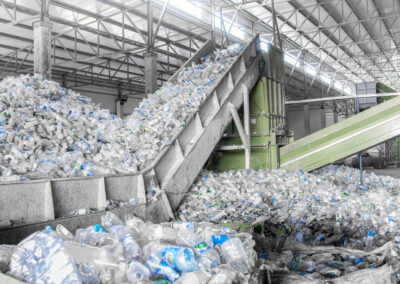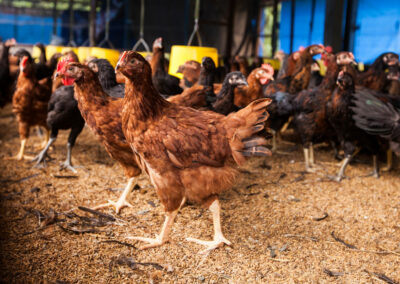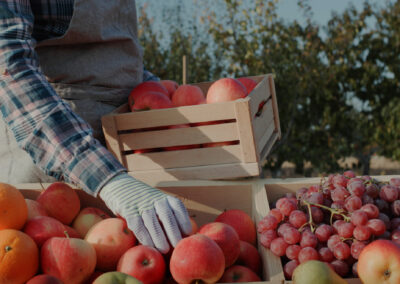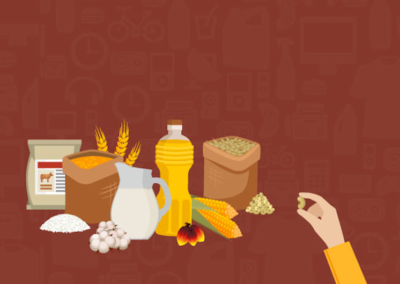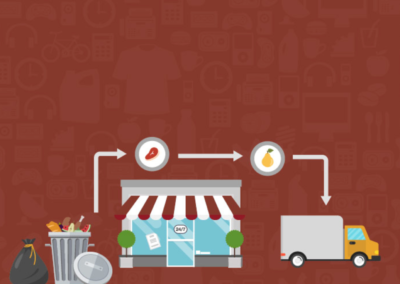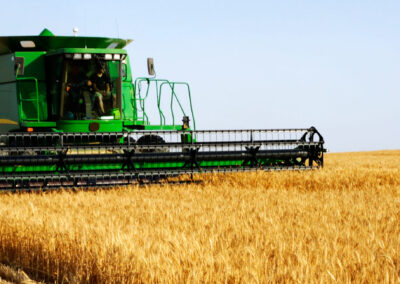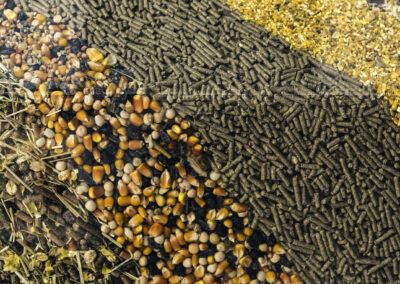COLLECTIVE ACTION PROGRAM
The Collective Action Program launched in 2022 to provide a place where diverse stakeholders can work together to address sustainability challenges too complex for any one organization or individual to tackle alone. The program leverages data and insights from THESIS as well as TSC’s expansive membership and stakeholder network to move the needle on sustainability hotspots in the consumer goods industry.
Cross-sector, multi-stakeholder collaboration is needed to address complex and adaptive sustainability challenges so that we can create regenerative, resilient, and equitable supply chains. Through its collaborative approach, the Collective Action Program creates a space where stakeholders can initiate, scope, and launch projects that work to address these complex issues. As a result of TSC member leadership bringing ideas to the table, the Collective Action Program hosts a pipeline of projects and forums that generate solutions for addressing sustainability hotspots identified in THESIS.
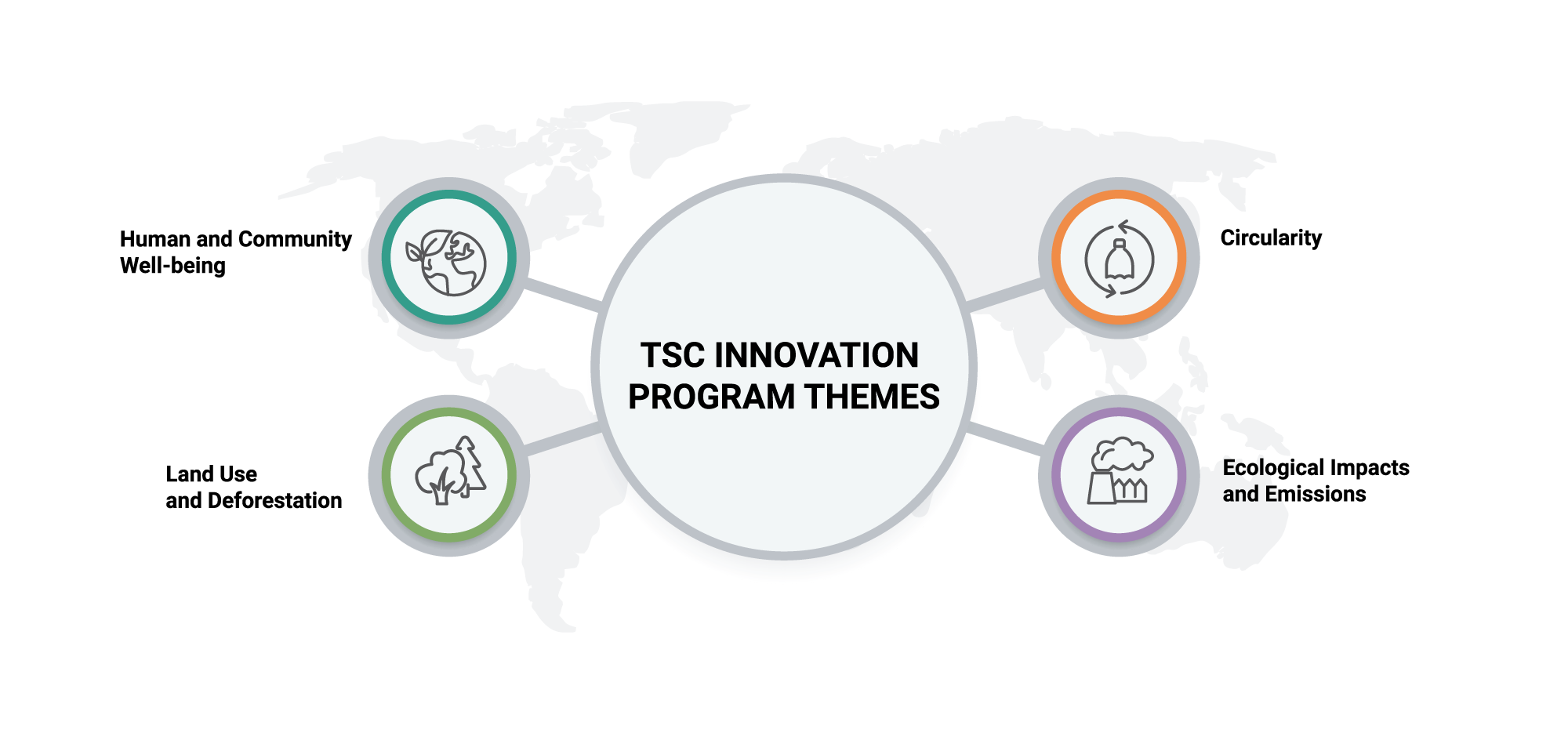
Since its launch, champions of innovation projects have included companies and organizations such as…
- ASU
- American Chemistry Council
- Bayer
- Clorox
- Cotton Inc.
- Corteva
- ExxonMobil Chemical Company
- Green Seal
- Henkel
- HSBC
- KAO USA, Inc.
- NC State
- NicePak
- Ocean Spray
- PepsiCo. Inc.
- Procter & Gamble
- Syngenta
- Unilever
- University of Arkansas
- Walgreens
- Walmart
- WWF
Participants assist with the ideation process, help scope projects, and get involved in workstreams related to output delivery through in kind or financial contributions.
Project Pipelines Include
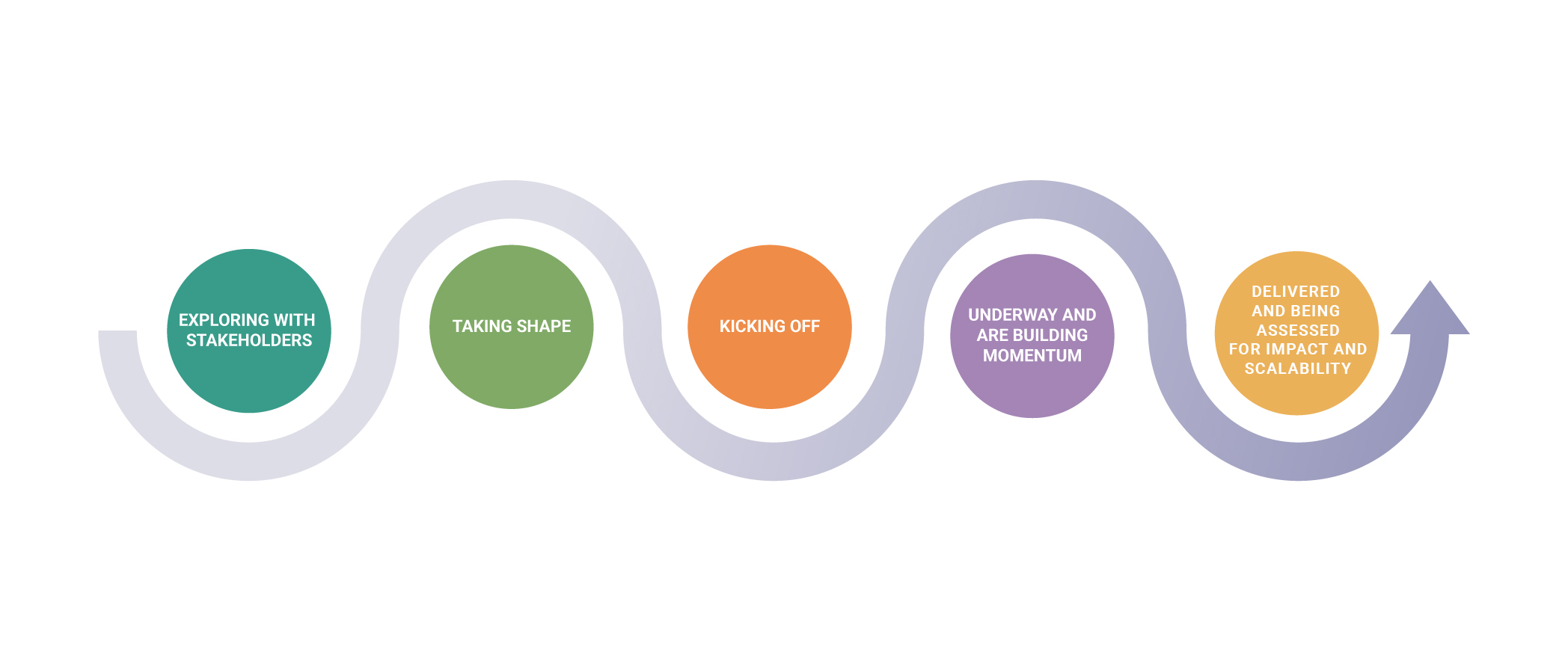
CIRCULAR INNOVATION HUB
Check out our new and finished projects!

CURRENT AND PAST PROJECTS
PROJECTS IN PROGRESS
SMALL FORMAT CIRCULARITY
WHY SMALL FORMAT?
This project was brought forward by TSC members working to improve the recyclability of small format products and packaging. Work is underway through a partnership with ASU’s InnovationSpace to conduct a landscape analysis of the issue, stakeholder surveys, test solutions with recycling partners, and develop guidelines for brands to use for product development, collection, remanufacturing, and communication with consumers.
- It is estimated that 10% of all packaging is small format- a majority goes to landfill either directly or after falling through the cracks at MRFs
- Companies are setting goals to make 100% of their products and packaging recyclable, reusable, or compostable by 2025 to align with the Ellen MacArthur Foundation’s New Plastics Economy goals and meet consumer demand
- Opportunity to correct frustration and complacency of end users due to a lack of information about how/ if products are recyclable which leads to a loss of trust
See student outputs as part of our partnership with ASU’s Innovation Space: Microcyclying | Pandora | Pak Green
PROJECT SPONSORS AND PARTNERS:
- Burt’s Bees
- Clorox
- P&G
- Mars
- Colgate-Palmolive
- Balcones
- Sustainable Packaging Coalition
- Recycling Partnership
OBJECTIVES:
- Conduct current landscape analysis to better define the problem
- Test solutions with recycling equipment partners (may depend on Covid19 impacts)
- Conduct surveys of consumers, MRFs, brands, retailers, circularity experts
- Develop guidelines for brands for communicating to consumers and for product development, collection, and remanufacturing
- Collect case studies from companies that test solutions
PROJECTS IN PROGRESS
FOOD WASTE AND HUNGER
WHY FOOD WASTE AND HUNGER?
TSC’s Responsible Pest Management task force has developed a standardized assessment framework for measuring and communicating leadership in pest management to enable stakeholders across the value chain to better tell their sustainability story and convey value, needs, and improvements in responsible pest management practices. The framework has been mapped to existing assessments reducing the burden on users, and piloting is underway in the United States and the EU.
- Drive increased adoption of responsible pest management practices through an industry developed standardized assessment framework to provide a common methodology for assessing leadership in responsible pest management.
- Pest management and related impacts rank high on sustainability agendas in food, fiber, and forest value chains
- Increased adoption of responsible pest management practices is needed to keep pace with industry goals
- Go beyond compliance by assessing behaviors such as record keeping and scoping, using non-chemical and cultural controls, and communicating with neighbors and supply chain stakeholders.
PROJECT SPONSORS AND PARTNERS:
- Kroger
- Ocean Spray
- Walmart
- PepsiCo
- Unilever
- NRDC
- WRI
- PCC
- Feeding America
- After the Harvest
- Society of Saint Andrew
- NC State
OBJECTIVES:
- Understand how food is moving across the value chain within communities, including on-farm gleaning, DSD and conventional methods of distribution.
- Build a scalable model that can be applied in different communities.
- Reduce food waste and expand donation of appropriate foods where possible.
- Apply findings to mapping of existing surplus food networks and explore setting up a national/ regional food hub with relevant partners and stakeholders.
PROJECTS IN PROGRESS
RESPONSIBLE PEST MANAGEMENT
TSC’s Responsible Pest Management task force has developed a standardized assessment framework for measuring and communicating leadership in pest management to enable stakeholders across the value chain to better tell their sustainability story and convey value, needs, and improvements in responsible pest management practices. The framework has been mapped to existing assessments reducing the burden on users, and piloting is underway in the United States and the EU.
- Drive increased adoption of responsible pest management practices through an industry developed standardized assessment framework to provide a common methodology for assessing leadership in responsible pest management.
- Pest management and related impacts rank high on sustainability agendas in food, fiber, and forest value chains
- Increased adoption of responsible pest management practices is needed to keep pace with industry goals
- Go beyond compliance by assessing behaviors such as record keeping and scoping, using non-chemical and cultural controls, and communicating with neighbors and supply chain stakeholders.
PROJECT SPONSORS AND PARTNERS:
- Syngenta
- Campbells
- Bayer
- IPM Institute
- Cotton Incorporated
- Ocean Spray
- Global Gap
- Grodan
- Wageningen
OBJECTIVES:
- Develop a Standardized Assessment Framework: collaborate with food, fiber, and forestry business and NGO partners to assess and improve responsible pest management methods and communication across the value chain.
- Conduct Outreach: Outreach to leaders in the food, fiber, and forestry system will increase IPM and responsible pest management awareness (including growers, pest control advisors, food companies, NGOS, universities, government agencies, and retailers)
- Enable stakeholders across the value chain to communicate leadership in responsible pest management.
- Map framework to existing metrics and assessment tools (including SAI Platform and PSA) with a vision of enabling scores in one tool to roll up into the RPM Framework to help facilitate communication on RPM without additional work from growers
PROJECTS IN PROGRESS
WASTEWATER CHALLENGE
In 2019 TSC’s Wastewater Challenge task force launched the Wastewater 101 Toolbox, an interactive database of resources for improving wastewater treatment that allows users to pull curated packets of information relevant to their need and role in the industry. Initially focused on textiles, the scope of this project has been expanded to include all industrial sectors and work is underway to build out the functionality of the toolbox and generate new tools and resources that help fill gaps in knowledge and incentivize treatment.
a
From cars, to clothes, to medical supplies to food: most aspects of modern life rely on the manufacturing sector. These vital supply chains, and the communities in which they are located, are experiencing growing risks due to their dependence on local watersheds and the complicated intersection of water scarcity and wastewater pollution.
Water is used in many parts of industrial processing and accounts for 19% of water use overall. Meanwhile, 80% of the world’s wastewater flows back into the environment without being treated or reused. It is estimated that industry accounts for at least 26% of humanity’s total grey water footprint.
The Wastewater 101 Toolbox provides a place for stakeholders across the value chain to access training and resources for improving wastewater treatment in all industrial sectors and align on needs and expectations for driving proper treatment.
PROJECT SPONSORS AND PARTNERS:
- HanesBrands Inc.
- NC State
- HSBC
- Apparel Impact Institute
- Sustainable Textile Solutions
- Alliance for Water Stewardship
- US Department of Energy
- ZDHC
- Walmart
OBJECTIVES:
- To provide resources, information, and training to build awareness of the business value and social responsibility of properly treating wastewater.
- Develop the Wastewater Challenge- build industry commitments to source products that have been made using proper wastewater treatment and invest in appropriate technologies.



